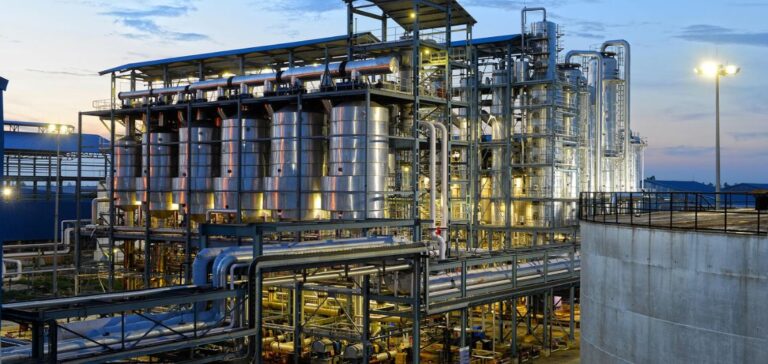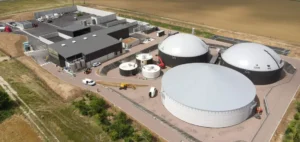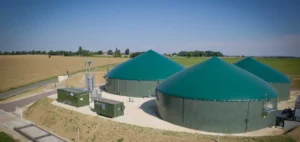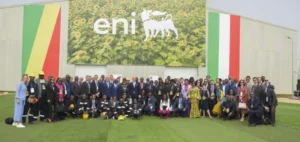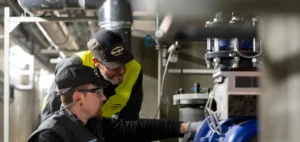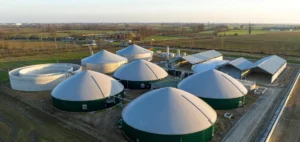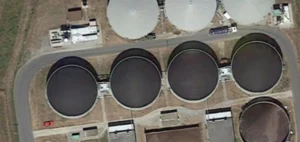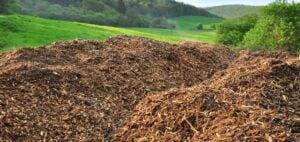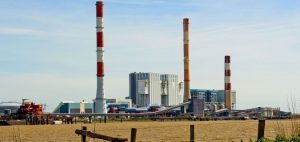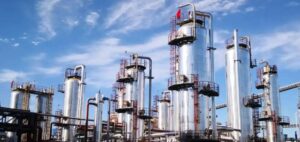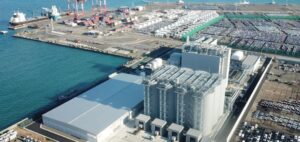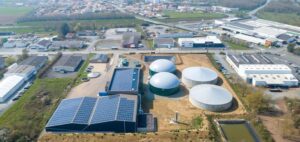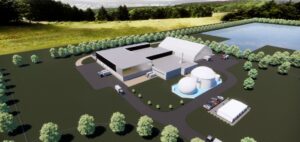BP has announced that it will take full control of BP Bunge Bioenergia by the end of 2024, consolidating a production capacity of around 50,000 barrels of ethanol equivalent per day from sugarcane. BP will also incorporate Bioenergia’s debt and lease obligations, valued at $1.2 billion, bringing the total amount paid to Bunge to $800 million, according to Reuters calculations.
Investment strategy and return outlook
The acquisition comes amid growing investor concerns about BP ‘s strategy in this sector, after ratings agency S&P Global recently downgraded BP’s credit outlook, citing slower-than-expected debt reduction. BP said the acquisition should meet its bioenergy return threshold of over 15% and fit within its existing annual expenditure framework of around $16 billion. BP Bunge Bioenergia is one of Brazil’s largest sugar and ethanol operations, with 11 mills in five states, capable of processing 32 million metric tons of sugar cane per season. In addition to ethanol, it produces over a million tonnes of sugar a year. Bunge has been trying to sell its sugar and ethanol assets in Brazil for several years. By 2022, discussions had been held with potential buyers of its stake in the joint venture, but no agreement had been reached. At the time, BP indicated that it would probably exercise its right of first refusal on any outside bid and buy Bunge.
Ethanol Market Challenges and Long-Term Opportunities
Ethanol is a difficult sector in Brazil, with companies struggling to generate profits, according to Willian Orzari, partner at consultancy FG/A. He believes that BP is looking to the long term with this agreement, possibly seeking to secure supplies of low-carbon biofuels to produce sustainable aviation fuel (SAF). Sugarcane-based ethanol has a low carbon footprint. Several companies in the country have obtained certification to supply SAF. BP also announced that it was scaling back its plans for new biofuels, suspending two projects at its refineries in Lingen, Germany, and Cherry Point, Washington, USA, while evaluating three other projects. Emma Delaney, BP’s Head of Customer and Product, said, “Together, these changes can enable us to achieve the growth and returns we expect from biofuels, but in a simpler and more focused way. This is perfectly in line with BP’s priorities of concentrating activities and increasing shareholder returns.” BP’s acquisition of Bunge’s share in their Brazilian joint venture reflects a strategic bet on the growing demand for low-carbon biofuels, while seeking to optimize and simplify its projects in this dynamic sector.

